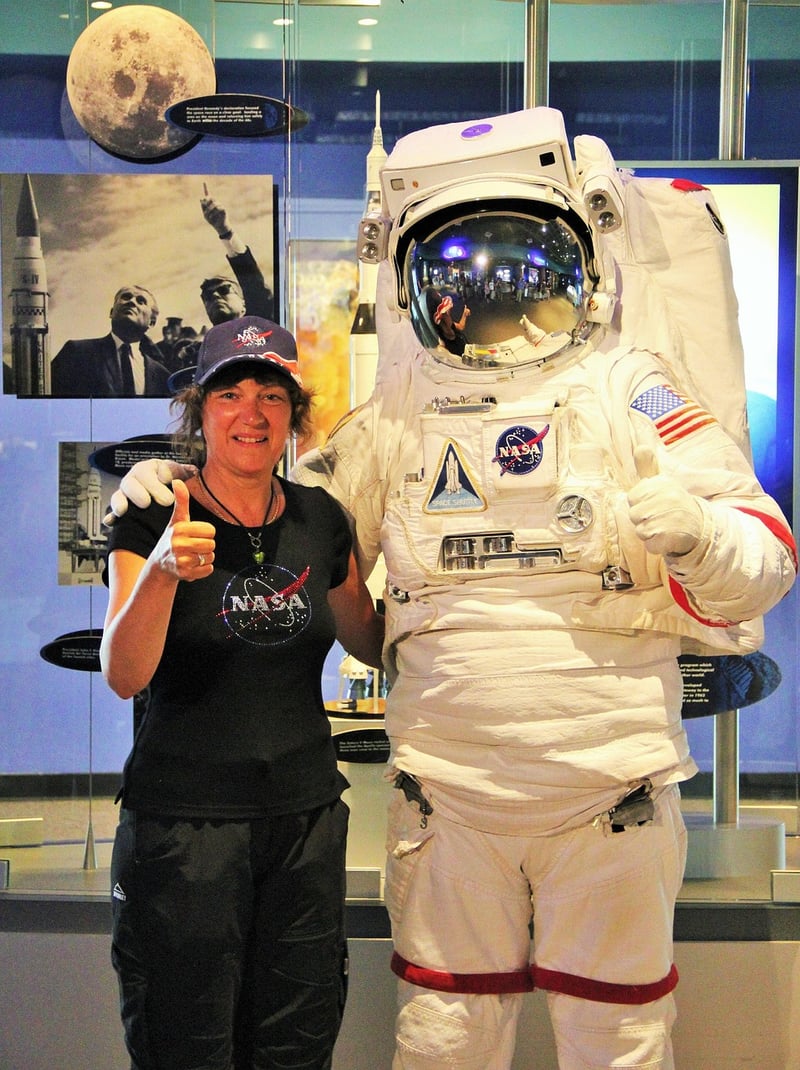Astronaut Health
Living in Weightlessness: A Guide to Astronaut Health
Living in weightlessness is a unique experience that astronauts encounter during their missions in space. While the sensation of floating may seem exciting, it comes with a set of challenges that can impact astronaut health. Let's explore how weightlessness affects the human body and what measures astronauts take to stay healthy in space.
Effects of Weightlessness on the Body
When in space, astronauts experience microgravity, which causes changes in their bodies over time. Some common effects of weightlessness include:
- Muscle Atrophy: Without the resistance of gravity, muscles can weaken and atrophy.
- Bone Density Loss: In the absence of weight-bearing exercise, astronauts can experience bone density loss.
- Fluid Redistribution: Fluids shift upwards in the body, leading to a puffy face and skinny legs.
- Vestibular Issues: Changes in the inner ear can cause disorientation and motion sickness.
Maintaining Astronaut Health
To counteract the effects of weightlessness and maintain their health, astronauts follow a strict regimen that includes:
- Exercise: Astronauts exercise for about two hours each day to prevent muscle atrophy and bone density loss.
- Diet: A balanced diet rich in nutrients is essential to support overall health in space.
- Medical Monitoring: Regular health check-ups and monitoring help astronauts address any issues promptly.
- Psychological Support: Being isolated in space can take a toll on mental health, so astronauts receive psychological support.
Conclusion
Living in weightlessness presents unique challenges for astronauts, but with careful planning and adherence to health protocols, they can maintain their well-being during space missions. By understanding the effects of weightlessness on the body and taking proactive measures, astronauts ensure a successful and healthy mission in the vast expanse of space.

Explore more about astronaut health and space missions here.
